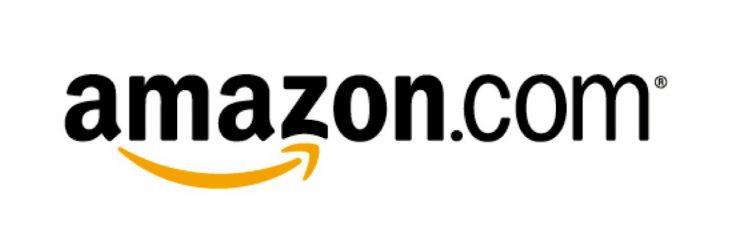Amazon’s acquisition of Whole Foods comes under scrutiny from investors, lawmakers
by July 17, 2017 1:12 pm 350 views

The $13.7 billion deal that Amazon made to acquire Whole Foods Market is not likely to sail through without some regulatory scrutiny and shareholder litigation.
U.S. Rep. David Cicilline, a Democrat from Rhode Island who sits on the antitrust panel for the legislative body, is urging a hearing on the matter. Cicilline made his formal request Thursday (July 13) in a letter to the chair of the House Judiciary Committee and subcommittee chairman, according to Fox News.
Cicilline’s office released the following statement regarding his concern.
“Amazon’s proposed purchase of Whole Foods could impact neighborhood grocery stores and hardworking consumers across America. Congress has a responsibility to fully scrutinize this merger before it goes ahead.”
While Congress could hold a hearing on the acquisition, the final decision rests with the U.S. Department of Justice, which has jurisdiction.
Stacy Mitchell, co-director of the Institute of Self Reliance, has been outspoken on “significant anti-competitive concerns” relating to the Amazon/Whole Foods deal.
“Amazon’s acquisition of Whole Foods raises significant anti-competitive issues that should be deeply concerning to federal antitrust regulators and the public,” Mitchell said in her report. “This deal would allow Amazon to leverage Whole Foods’ 444 U.S. stores in ways that would dramatically amplify Amazon’s online market power, by integrating these locations into its vast logistics and delivery network. And it would give Amazon, which already sells more clothing, books, toys, and consumer electronics than any other retailer, a substantial share of an even bigger consumer goods category, groceries. Regulators should block this acquisition.”
In her report, Mitchell claims Amazon has a stranglehold and is rapidly monopolizing online retail. She said 55% of all online shopping searches start directly on Amazon. Amazon captured 46% of the nearly $400 billion that Americans spent online last year. That’s up from 30% of online sales just three years ago. She also noted half of all U.S. households are subscribed to Prime, and belonging to Prime dramatically decreases comparison shopping. Less than 1% of Prime members visit competing retail sites while shopping on Amazon.
Lastly, Mitchell said Amazon already leads in several major consumer categories selling more books and toys than any retailer online or in stores. She said Amazon is on track to become the leading seller of apparel and consumer electronics this year.
“Amazon’s building a vast logistics network to control package delivery,” Mitchell added “In the last year, Amazon doubled the number of warehouse facilities in its U.S. distribution network, and is building a delivery system that can challenge UPS and FedEx.”
From looking at the pure grocery component of this deal, Amazon and Whole Foods together control just 2.5% of the market share. Grocery is a highly fragmented market with Wal-Mart holding around 22%. From that aspect there is not likely an antitrust argument. But when it comes to online retail, Mitchell makes a legitimate case.
Meanwhile, Whole Foods investors are not totally enamored with the deal, either. One shareholder, Robert Riegel, has filed suit in the U.S. Western District of Texas claiming Whole Foods’ proxy statement on July 7 is misleading and failed to disclose information important to stakeholders.
“The proxy statement states that, in connection with negotiating the merger agreement, Amazon had preliminary discussions with certain Whole Foods executive officers regarding Amazon’s desire to retain such officers following the closing” the suit notes. “However, the proxy fails to disclose the timing and nature of all communications regarding the future employment and/or benefits relating to Whole Foods management.”
In the complaint, plaintiffs also claim the proxy statement failed to disclose how the company calculated certain valuations and it asked the court to block the acquisition as it seeks class action status.
Whole Foods and Amazon declined comment on the pending suit. Shareholders have not yet approved the deal, which calls for $41 per share be paid to Whole Foods shareholders.
Ironically it was an activist group of Whole Foods shareholders — Jana Partners — that urged the grocery chain to seek a suitor.
